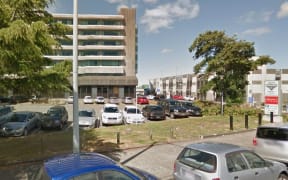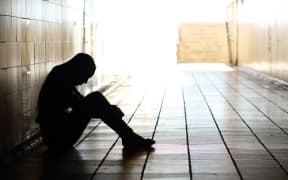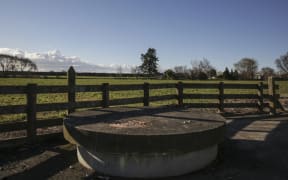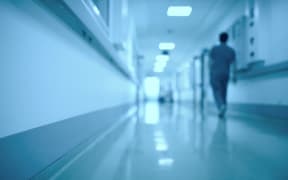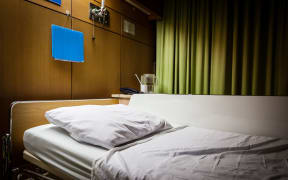Extremely drunk people are putting a burden on New Zealand's strained emergency departments (EDs), despite a drop in numbers from last year's surge.
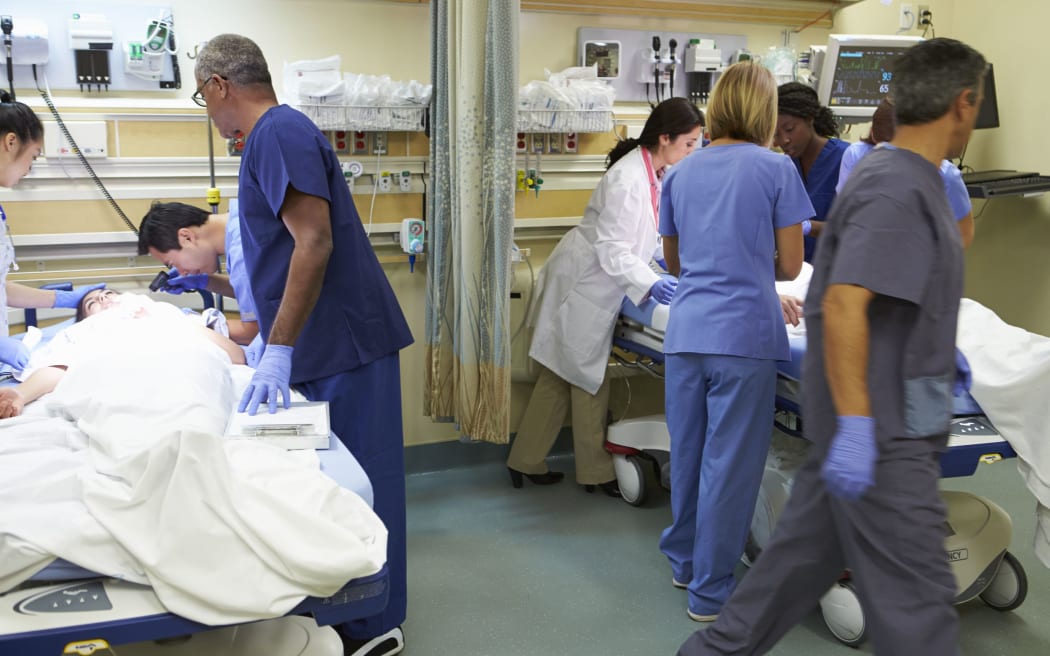
Emergency departments are facing a steady increase in presentations, with this year being the busiest on record. Photo: 123rf.com
A survey by the Australasian College of Emergency Medicine (ACEM) surveyed 117 EDs across Australia and New Zealand, asking how many patients were there because of alcohol.
Across the 17 New Zealand EDs this year's survey, found about one in eight patients were there because of alcohol, down from a quarter last year.
Waikato's emergency department head John Bonning - who is also the country's ACEM chair - said last year's survey figure was horrendous and this year's was more in line with what emergency departments usually saw.
"I think one in four was really quite significant but we certainly get days and nights like that. One in eight seems to be pretty steady."
He said emergency departments were coming off the busiest year ever, with the number of presentations continuing to increase.
"So we're getting busier with our business as usual and we really, really want to reduce what can be seen as preventable or self-inflicted illness and injury as a result of alcohol.
"It's still a significant burden on very, very busy emergency departments. There's still room for improvement."
He said they were seeing broken bones and cuts from drunken fights as well as people "dangerously drunk" at risk of choking to death on their own vomit.
"They really are putting themselves at enormous risk.
"You hear the stories, you know, 'consumed three-quarters of a bottles of vodka'.
"One of the blood-alcohol levels that we measured [on Saturday night] was seven times the legal driving limit. Not that that was anybody that was driving, but they had injured themselves and behaved quite poorly."
He said there were a number of things that needed to be done to slow drinking-related harm, including restricted access to alcohol late at night and moving closing times back towards midnight.
"It's got to come from the public themselves to rationalise their alcohol consumption and make sure they're not drinking harmfully. We still have, I think, a bit of a binge-drinking culture and that needs to change."

